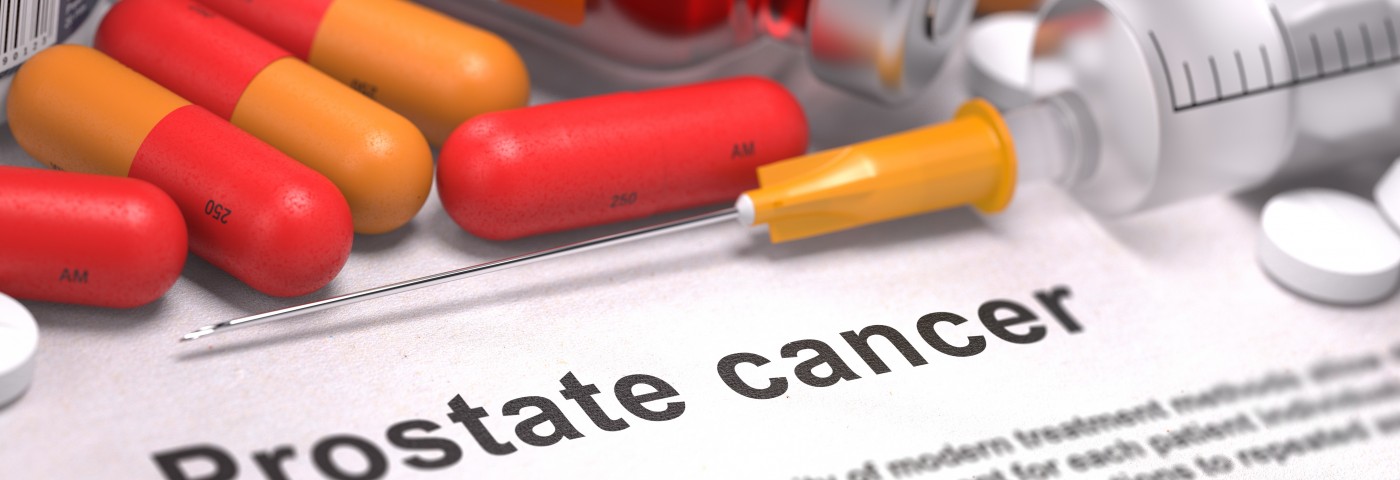Medical androgen deprivation therapies (ADT), the most commonly used medical treatment for prostate cancer, might suppress immune responses, preventing immunotherapies from working.
Male sex hormones, or androgens, are crucial for prostate cancer’s ability to grow, and suppressing them is an important step in the management of the disease.
“Medical androgen deprivation therapies have been used for half a century to treat prostate cancer, and promising clinical results for cancer immunotherapy have led to attempts to combine it and other standard-of-care therapies with immunotherapy to treat the disease,” Dr. Yang-Xin Fu, the study’s senior author and principal investigator, and a professor of Pathology and Immunology at the University of Texas Southwestern Medical Center, said in a press release.
Relapsing tumors are a problem, and early studies have indicated that some androgen deprivation therapies might interfere with immune responses. The study, “Androgen receptor antagonists compromise T cell response against prostate cancer leading to early tumor relapse,” identified the mechanism behind the incompatibility of the combination.
“While surgical androgen deprivation therapy — castration — works well with immunotherapy, we determined that some androgen receptor antagonists could reduce the T-cell response against prostate cancer, leading to early tumor relapse,” said Dr. Fu, who holds the Mary Nell and Ralph B. Rogers Professorship in Immunology and also is a member of the Harold C. Simmons Comprehensive Cancer Center at UT Southwestern.
The findings, published in the journal “Science Translational Medicine,” show that the androgen blocking treatment could interfere with the priming of T-cells, the cells’ first contact with a foreign or damaged cell driving its development. In this way, androgen blockers might prevent the immunotherapy from functioning properly.
The same incompatibility might be true also for other types of cancer treatments. “Our study shows that in some patients, this poor response could also be due to the radiation or chemotherapy itself suppressing the immune response,” Dr. Fu said. “These treatments may reduce the tumor burden in the short term, but at the same time, they can suppress the immune response — and because they don’t kill every cancer cell, resistant clones will be selected, especially when the body’s immune response is not mobilized, and the tumor will relapse much more aggressively.”
Still, researchers say there is no need to abandon the idea of combining androgen deprivation therapy or other cancer treatments with immunotherapies, as the study showed that a correct timing, type, and dose of anti-androgen therapy can overcome the problem and maximize treatment efficacy.
“The findings also highlight an underappreciated mechanism of androgen receptor antagonist-mediated immune suppression and provide a new strategy to enhance the immune response and perhaps prevent or delay the relapse of advanced prostate cancer,” Dr. Fu said.
While more studies are needed to confirm the findings, Dr. Fu believes that some chemo and radiation therapies might be better not to combine with immunotherapies.
“We hope that our findings will cause physicians to think twice before starting chemotherapy or radiation on their cancer patients, to consider the best way to combine them with immunotherapies,” Dr. Fu concluded.


